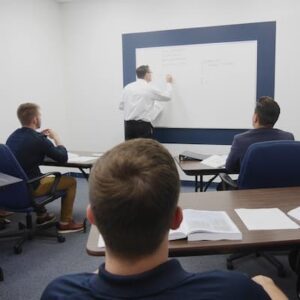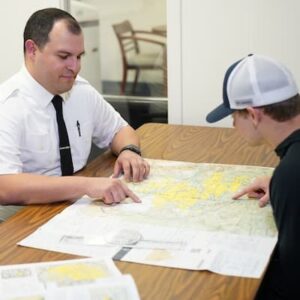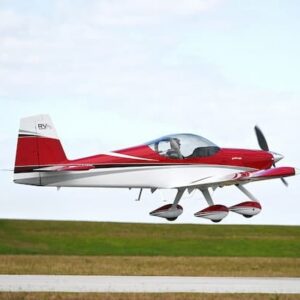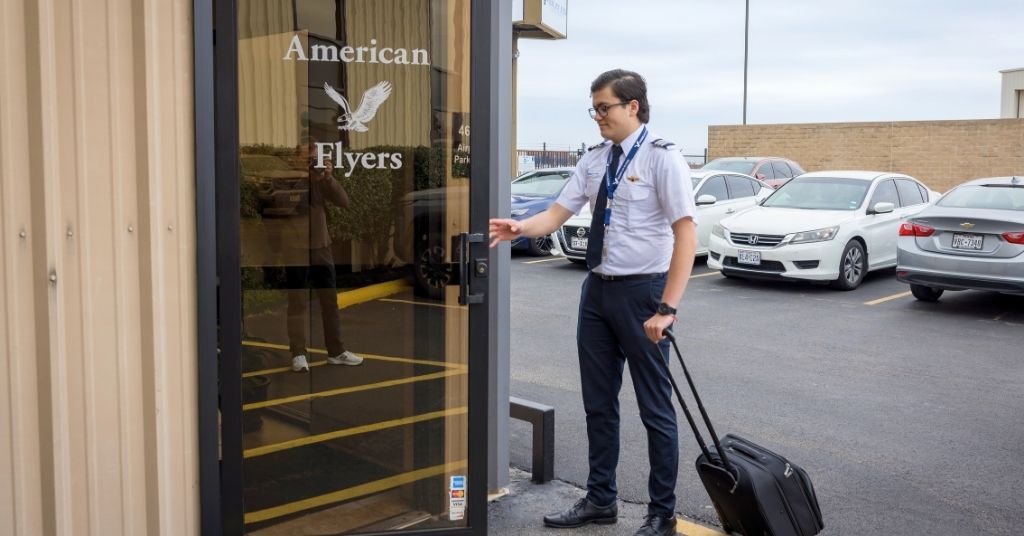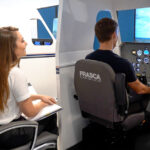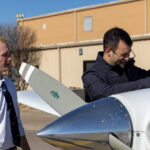Deciding to become a pilot is an exciting milestone, but choosing the right flight school is one of the most important decisions in your aviation journey. The path from the classroom to the cockpit will shape your skills, mindset, and future opportunities. With so many training options available, knowing what to look for—and what questions to ask— can mean the difference between an average experience and an exceptional one.
Whether your goal is to fly for fun, pursue a career in aviation, or fast-track to an airline cockpit, your choice in flight school should align with your objectives, timeline, and learning style. Here’s a comprehensive guide to help you navigate this crucial choice.
Define Your Goals First
Before walking into a flight school or booking an introductory flight, take time to clearly define your aviation goals. Ask yourself what you’re truly aiming for:
- A Private Pilot License for recreational flying?
- A Commercial Pilot Certificate to launch a career?
- Fast-track training to become an airline pilot?
- A Flight Instructor Certification to teach others?
- Specialized training, such as multi-engine or instrument ratings?
Your goals will directly influence the type of program and flight school that fits you best. Some schools specialize in full-time, accelerated airline career programs, while others cater to part-time students seeking flexibility. Knowing your destination from the start will help you choose the most effective route to get there.
What to Ask Flight Schools Before Enrolling
Once you’ve defined your goals, it’s time to evaluate flight schools with purpose-driven questions. The responses you receive will reveal the school’s strengths, culture, and how well it aligns with your expectations.
Here are the key questions to ask:
1. What certifications and accreditations does your school hold?
Always ensure the school is FAA-certified and operates under either Part 141 or Part 61 regulations, depending on your training preferences. FAA approval means the school follows strict guidelines that ensure consistent, high-quality instruction.
2. What is the instructor-to-student ratio?
This affects how much personal attention you’ll receive. A lower ratio generally means more one-on-one instruction, faster progress, and a better overall learning experience.
3. Are instructors full-time, and what is their experience level?
Ask about instructor qualifications, backgrounds, and availability. Full-time instructors with real-world experience can typically provide better continuity and deeper insights throughout your training.
4. What is the condition and variety of your aircraft fleet?
A modern, well-maintained fleet matters. Inquire about aircraft types, availability, maintenance schedules, and whether there are backup planes to avoid training delays. Do they maintain their own fleet with certified A&P mechanics or do they outsource their maintenance.
5. What simulators and ground training resources are available?
Access to state of the art simulators and effective ground school programs can enhance your learning and safety, especially for instrument and emergency procedures.
6. Do Instructors teach in a standardized method?
Standardized teaching can make the difference in the number of hours needed to learn and pass your exams. When teaching is not standardized, different instructors may have different methods that will not align and progress your training in a smooth and methodical way.
7. Can you explain your pricing transparently?
Flight training costs add up quickly. Get a full breakdown of costs, including aircraft rental, instructor fees, fuel, and materials. Ask about courses, payment plans, and financing options to avoid surprise expenses.
8. What is your typical timeline to complete training?
Each person learns at a different pace. Ask how long it typically takes students to complete the program you’re considering and how factors like weather, aircraft access, and instructor scheduling could impact your timeline.
Factors to Consider Beyond the Answers
In addition to the direct answers to your questions, consider these subtler factors that can significantly influence your training experience:
- Location and weather patterns: Flying in a variety of weather conditions helps build valuable experience. Choose a location that offers diverse weather patterns but still provides consistent training opportunities throughout the year.
- Culture and atmosphere: Visit the school and get a feel for the environment. Do students and instructors seem engaged and enthusiastic? Do they create a supportive learning atmosphere?
- Safety culture: A school that prioritizes safety protocols and cultivates a safety-first mindset will ensure your long-term success.
- Flexibility of scheduling: Can the school accommodate your personal commitments if you are balancing training with work or family life?
Take a Discovery Flight
Before making your final decision, book a discovery flight. This hands-on experience allows you to sit in the cockpit, fly with an instructor, and see firsthand how the school operates. Pay attention to how the instructor communicates, how the aircraft feels, and how well the ground crew supports operations. This firsthand experience is invaluable in your decision-making process.
Do Your Homework: Graduate Success Rates
Graduate success rates speak volumes about a school’s quality. Ask where their students typically end up—are they moving on to respected airlines, becoming Certified Flight Instructors (CFIs), or successfully completing advanced ratings? A reputable school will be proud to share its alumni’s achievements and provide insight into how their training prepares graduates for successful careers.
The American Flyers Advantage
At American Flyers, we understand that choosing a flight school is about more than just selecting a training program—it’s about finding a trusted partner for your aviation journey. With over 85 years of experience, we offer:
- FAA-approved programs tailored to every aviation goal.
- Expert instructors with thousands of hours of flight time.
- Standardized teaching that develops a building block learning style
- Flexible scheduling and financing options.
- A diverse fleet and advanced simulators for comprehensive training.
- Career support and connections with major airlines.
- A proven safety-first culture that builds skilled, confident pilots.
We take pride in helping students not only earn their certificates but also become safe, capable aviators with a lifetime of opportunities ahead.
Final Thought: Take Control of Your Future
Choosing a flight school is one of the biggest decisions in your journey to becoming a pilot. Ask the right questions, consider your goals carefully, and take time to explore your options. The right school will set the tone for your training experience and your future in aviation.
At American Flyers, we’re ready to help you navigate this exciting decision. Contact us today to schedule a discovery flight or speak with our admissions team. Together, we’ll chart the best course for your aviation dreams.


